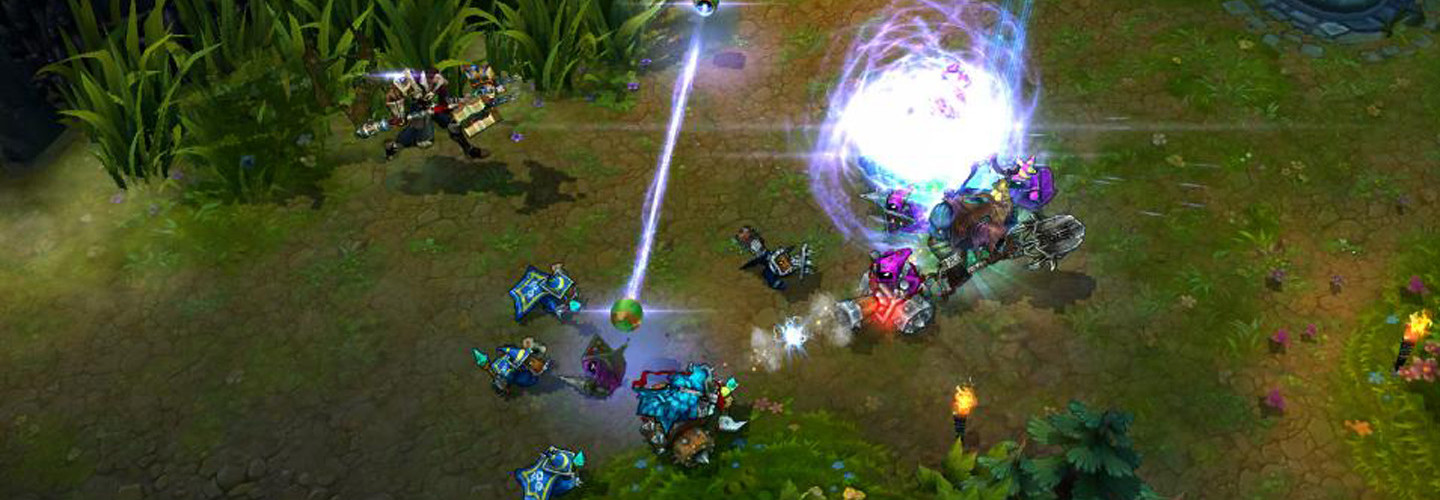MIT Launches Study of Online Gaming's Biggest Community
Researchers with the Massachusetts Institute of Technology are studying the largest online gaming community, “League of Legends,” to explore how teams work together on collaborative tasks, according to a post on the game’s official message board.
Riot Games, the developer of “League of Legends,” says 67 million players worldwide compete each month in the team-based multiplayer game. The game has grown so popular that in November, a Slate article dubbed it these kinds of competitive games the "future of sports."
MIT hopes to glean behavioral data from the massive pool of players by working with Riot Games to learn about the characteristics and habits of some of the game's best five-player teams.
“We’re interested in exploring the ability of a team to perform a wide range of collaborative tasks and will measure this using an online battery of tasks your team will work on together,” states a post by Lyte – a.k.a. Jeffrey Lin, Riot Games’ lead designer of social systems.
Ranked teams that have played together for more than 20 games are eligible to be part of the study, which will also measure players’ skills, like decision-making, execution, sensing and memory, according to Lin. Teams must pass a 20-minute screening session to be admitted to the full study, where they will participate in a variety of tests.
Data from the study will be published, but individual entries will remain anonymous, Lin states.
The study is being conducted by MIT's Center for Collective Intelligence.
While not a part of the Riot Games research, the MIT Game Lab, a research and development laboratory that studies and creates games, has become a thriving hub of innovative, game-based analysis. Riot Games designer Chris Kudelka led a seminar in September at MIT on how the company has incorporated Big Data to improve game performance.
The study and development of video games has gained a strong foothold in higher education. In September, Epic, creator of the “Gears of War” franchise, made its Unreal Engine 4 development kit available for free to students. Epic general manager Ray Davis said the company made that decision after educators and students asked it to widen access to the game development tools.
Clarification: This story has been updated with additional information on the group conducting the research.








